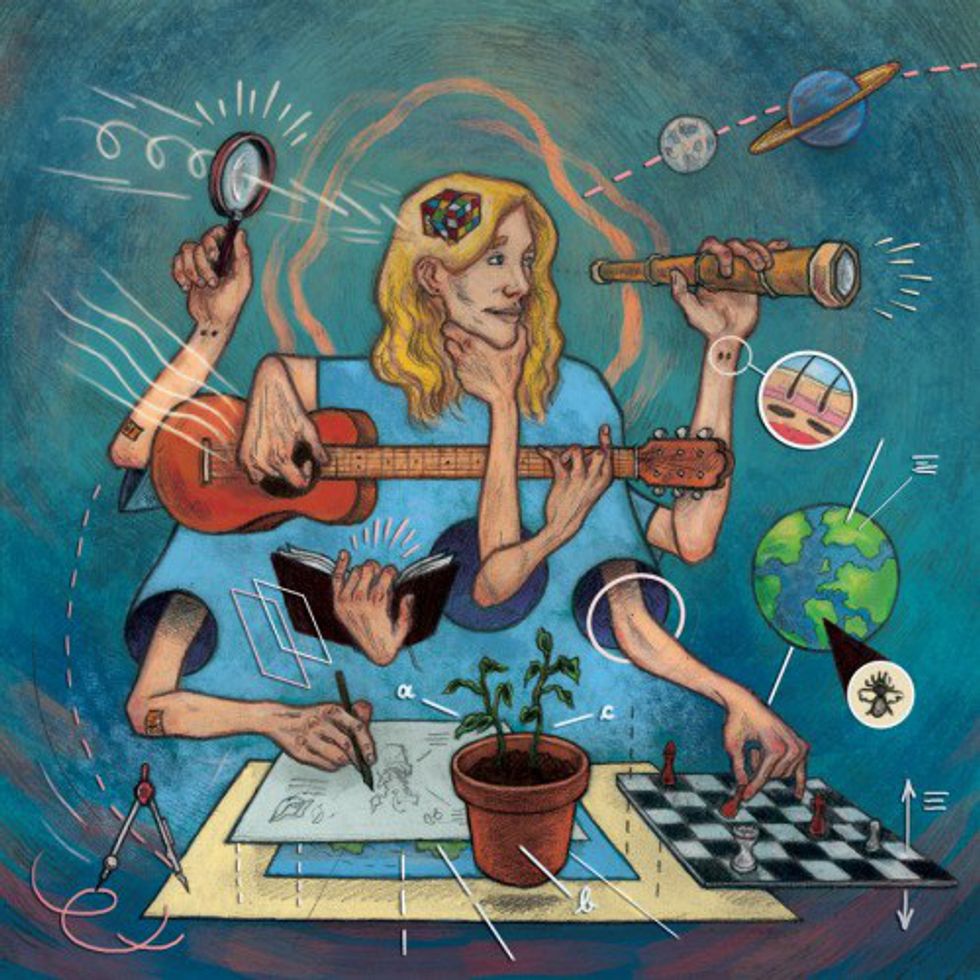Whenever I tell anyone who has not received or is not working towards receiving a liberal arts degree that I am part of this wild breed of students who is striving to achieve something so foreign and mysterious, I receive looks of question, confusion, and judgment. I used to be slightly ashamed that I was not following the standard American college curriculum until I had a professor who had us research why liberal arts students were actually so marketable in the workforce. Ultimately, we are just simple human beings with a vast inventory of skills and knowledge burned into our brains. If brains are so complex in the first place, why not feed them complexity in its purest form?
You may have started reading this and immediately thought, "What even are liberal arts degrees?"Well, liberal arts curriculums are a huge mixture of classes from all sides of the spectrum. We have to take all of them. If you're a science major, you probably will have to take art and literature. Likewise, if you're a foreign language major, you can expect to take a stats or biology class somewhere along the way. But I'm here to tell you how kick-ass all those random classes are going look on your resume.
Since we have to take this wide variety of classes on the academic scale of knowledge, we get perspectives from all sorts of industries. Liberal arts programs give us analytical, critical, creative, and evaluative thinking skills. You can expect us to not converse like robots when we not only know things from our major but a plethora of subject areas and beyond. We can take any scenario within the workplace and give it an intellectually stimulating perspective and tackle it from all sorts of directions. We can touch bases on all areas of education and use it all in application to our jobs. Those few semesters of foreign language classes will be helpful after all when you're forced to interact with a client or co-worker with language barriers, thanks to strong global perspectives.
With a constantly changing academic schedule and workload, we are able to adapt to any type of environment with our ability to absorb and process new information quickly. From research to formal presentations, our skills gauge from all sorts of direction. Having this mixture of classes challenges us to mix up our routines and be prepared for whatever workload comes our way -- and trust me, multiple non-major classes at once will really put your ability to adapt to the test. But whatever wild and intriguing classes we are taking are ultimately the most rewarding when a situation comes up that forces us to think outside of the box. Because guess what. We've been doing obstacle course for four whole years just to get ready for the biggest one of them all -- work.
So not only are we masters in our field of study (and usually our minor(s), too), but masters in the entire spectrum of knowledge. Our philosophical knowledge will allow to think in-depth and analyze situations proficiently and morally, where our political knowledge and societal research will allow us to function within life and accurately discuss and handle various situations. All in all, liberal arts students are the creme de la creme of all college graduates and will be able to showcase their broad knowledge at any moment necessary. So when people ask why you chose to a pursue the degree path that you did, look them in the eye and tell them, "Well, why would you choose to only know one set of academic skills?"



























